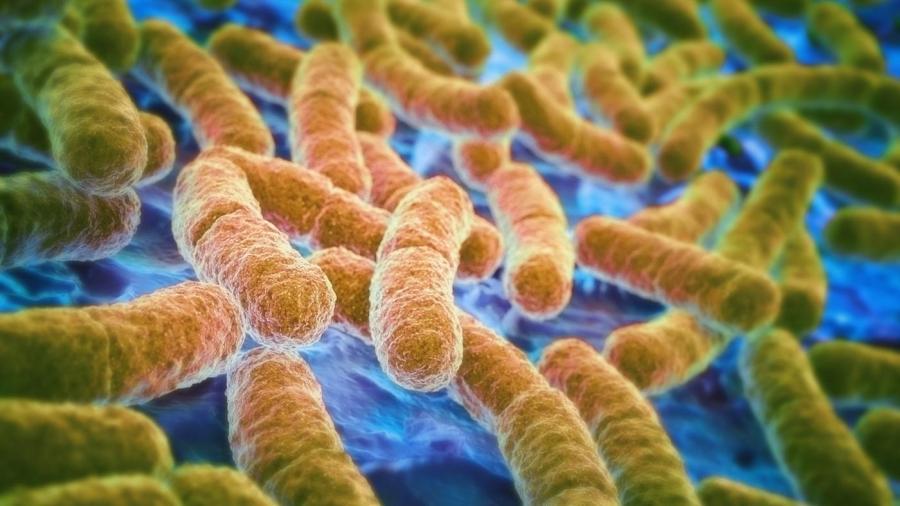What Are the Causes and Symptoms of E. Coli?

E.coli, or Escherichia coli, infections are caused by consuming food or drinking water that is contaminated with the E.coli bacteria or via contact with contaminated people or animals, and its symptoms usually include severe stomach cramps, vomiting, low-grade fever and diarrhea, according to the United States Centers for Disease Control and Prevention. People with this condition can have diarrhea that is bloody.
E.coli lives in the body and is innocuous in most cases; it even plays a role in intestinal health.. Still, some E.coli are of the pathogenic variety and cause illness. Most E.coli infections resolve within 5 to 7 days of exposure, with many being very mild, but some becoming severe and others becoming life threatening.
As many as 10 percent of those suffering from E.coli infection develop a possibly fatal complication called hemolytic uremic syndrome, reports the CDC. This complication includes symptoms of fatigue, decreased urination and loss of pink coloring in the lower eyelids and cheeks. Although it is possible to recover from the condition, some people receive permanent kidney damage from it and others may die.
Notably, it can take 3 to 4 days after exposure to pathogenic E.coli for symptoms to begin, although its incubation period can be just 1 day or as long as 10 days. Usually, mild stomach pain and diarrhea are initial symptoms, with the infected person’s condition deteriorating as time goes by.





